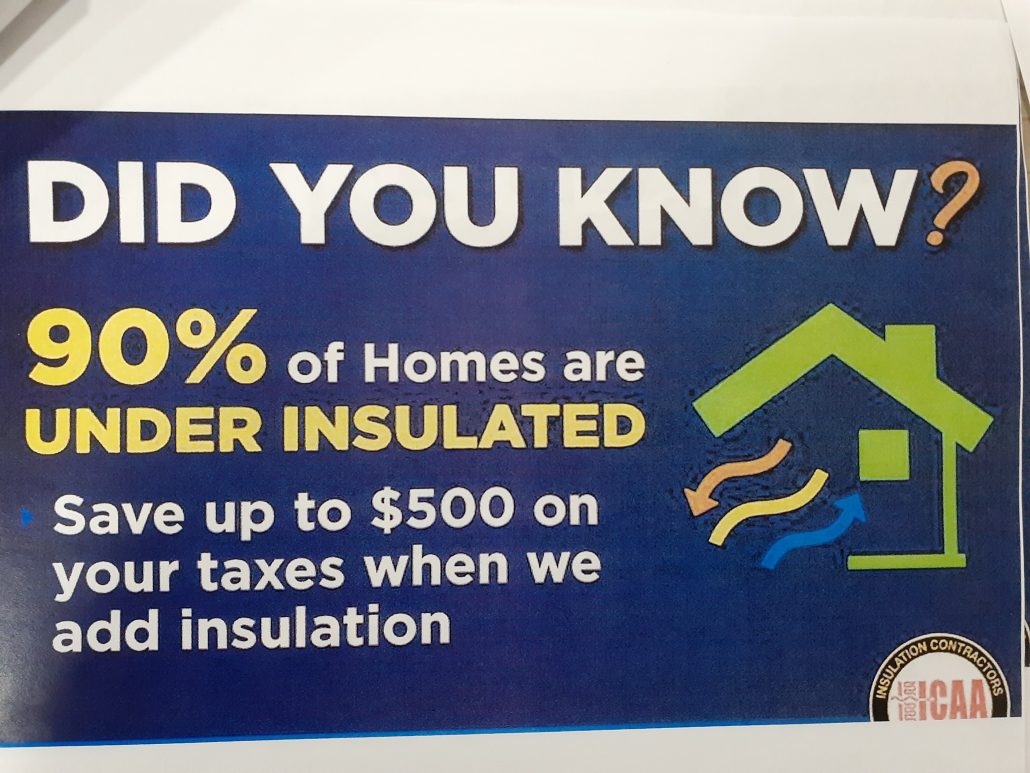Understanding The Link Between Climate Change And Your Home Purchase Creditworthiness

Table of Contents
Rising Home Insurance Premiums and Climate Change
Increased Risk, Increased Costs
The frequency and severity of climate-related events – floods, wildfires, hurricanes – are escalating dramatically. This increased risk directly translates into higher home insurance premiums. Insurance companies are forced to raise rates to cover the growing costs of claims related to climate-driven disasters.
- Examples: Coastal communities in Florida are experiencing significant increases in flood insurance premiums. Similarly, areas prone to wildfires in California are seeing dramatic rate hikes.
- Data Sources: You can find relevant data on rising insurance premiums from organizations like the Insurance Information Institute and your state's insurance department.
- The impact on affordability is significant. Higher premiums can strain household budgets, reducing disposable income and potentially affecting credit scores through late or missed payments. This directly impacts your creditworthiness when applying for a mortgage.
Uninsurable Properties
A more concerning trend is the emergence of uninsurable properties. As climate risks intensify, some areas are becoming too expensive for insurance companies to cover, leaving homeowners with no protection and potentially impacting the value of their property.
- Examples: Properties in high-risk flood zones or areas frequently impacted by wildfires are increasingly difficult to insure.
- Implications: Lenders are hesitant to provide mortgages on uninsurable properties due to the significant financial risk. This means that even if you find a property you love, you may not be able to secure financing if it's deemed uninsurable.
Property Values and Climate Risk
Depreciating Assets
Climate change poses a significant threat to property values. Properties located in areas vulnerable to flooding, wildfires, or extreme heat can experience a decline in value as the risks become more apparent.
- Examples: Studies have shown a decrease in property values in areas repeatedly affected by hurricanes or severe flooding. The same is true for areas near wildfire-prone forests.
- Market Trends: Real estate market trends are increasingly reflecting climate risks, with buyers often paying less for properties in high-risk areas.
- This depreciation directly impacts your loan-to-value ratio (LTV), which is a crucial factor in mortgage approvals. A lower LTV might require a larger down payment or even result in mortgage denial.
Disclosure Requirements and Transparency
Increasingly, legislation and industry best practices are promoting greater transparency in climate risk disclosures. Both buyers and lenders need accurate information about potential climate-related threats to make informed decisions.
- Legislation & Initiatives: Many states and municipalities are introducing regulations requiring disclosure of flood risks and other climate-related hazards.
- Incomplete or inaccurate disclosures can lead to significant financial repercussions for both buyers and lenders, potentially impacting your creditworthiness if unforeseen climate-related damages occur.
The Role of Green Initiatives and Sustainable Mortgages
Incentives for Energy-Efficient Homes
Investing in energy-efficient homes can offer significant long-term financial benefits and even contribute to improved creditworthiness. Energy-efficient homes reduce utility bills, freeing up funds for other expenses and reducing the risk of missed payments.
- Government Incentives: Many governments offer financial incentives and tax credits for purchasing or renovating energy-efficient homes.
- Lower energy bills contribute to improved financial stability, indirectly impacting your credit score and making you a more attractive candidate for a mortgage. Green mortgages, specifically designed to finance energy-efficient improvements, are also becoming increasingly available.
Future-Proofing Your Investment
Choosing climate-resilient homes is a smart long-term investment strategy. These homes are designed to withstand the effects of climate change, protecting your investment from potential losses and maintaining property value.
- Climate-Resilient Features: Features like raised foundations, drought-resistant landscaping, and reinforced roofs can significantly increase a home's resilience to climate-related events.
- The long-term cost savings associated with reduced maintenance and repair costs contribute to a stronger financial profile, making future mortgage applications smoother.
Conclusion
Understanding the link between climate change and your home purchase creditworthiness is crucial. Climate change significantly impacts home insurance costs, property values, and ultimately, your ability to secure a mortgage. Rising premiums, uninsurable properties, and depreciating assets in high-risk zones are all very real concerns. Conduct thorough due diligence, researching climate risks in your desired location before making a home purchase. Utilize resources like flood maps and climate risk assessments to make informed decisions for a sustainable and financially secure future. By considering climate risks upfront, you can protect your creditworthiness and make a sound investment in your future home.

Featured Posts
-
 Jennifer Lawrences Family Grows Second Baby Arrives
May 20, 2025
Jennifer Lawrences Family Grows Second Baby Arrives
May 20, 2025 -
 Ferrari Perviy Sluchay Diskvalifikatsii Dueta Lekler Khemilton
May 20, 2025
Ferrari Perviy Sluchay Diskvalifikatsii Dueta Lekler Khemilton
May 20, 2025 -
 Find The Nyt Mini Crossword Answers For March 18
May 20, 2025
Find The Nyt Mini Crossword Answers For March 18
May 20, 2025 -
 Manchester Uniteds Cunha Pursuit Accelerated Talks And Backup Options
May 20, 2025
Manchester Uniteds Cunha Pursuit Accelerated Talks And Backup Options
May 20, 2025 -
 Salon International Du Livre D Abidjan Lancement De La 15eme Edition
May 20, 2025
Salon International Du Livre D Abidjan Lancement De La 15eme Edition
May 20, 2025
